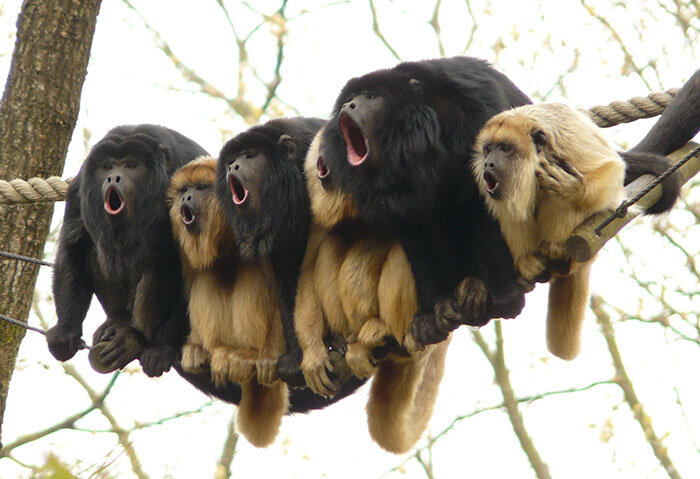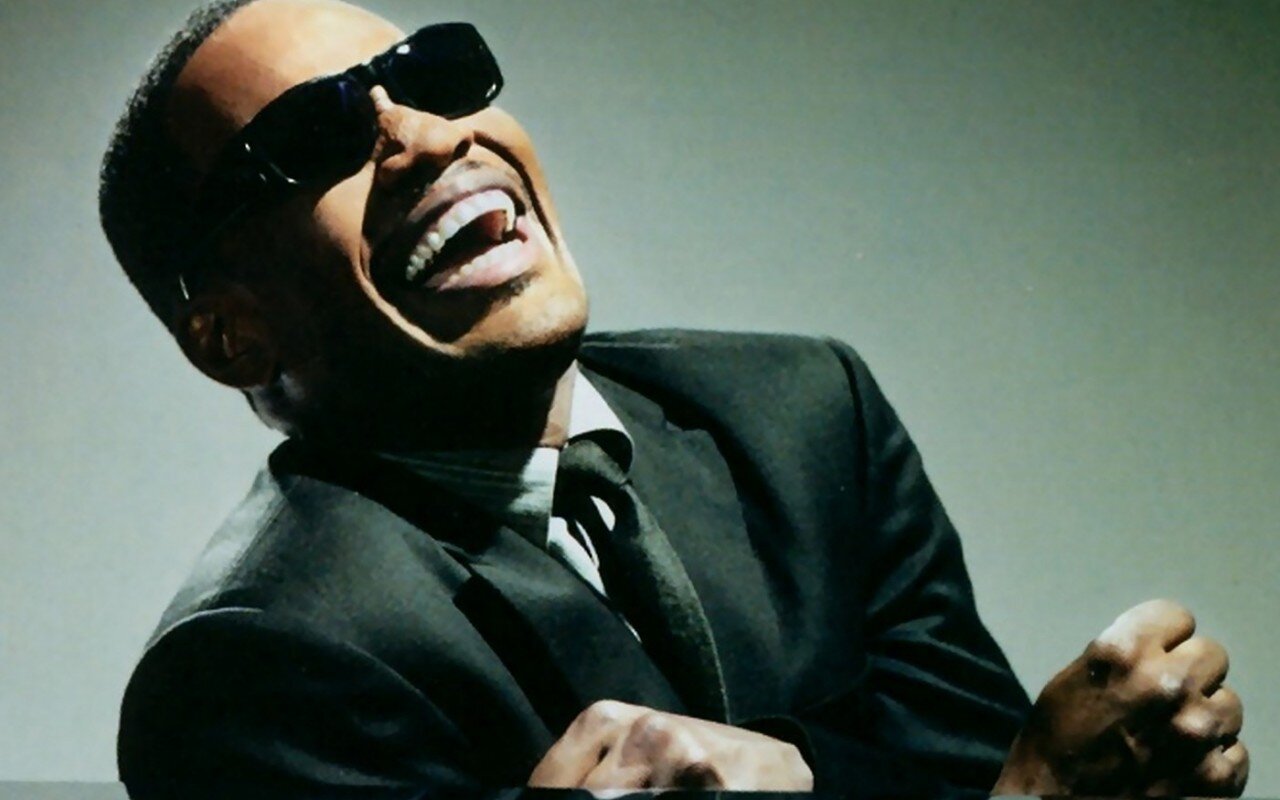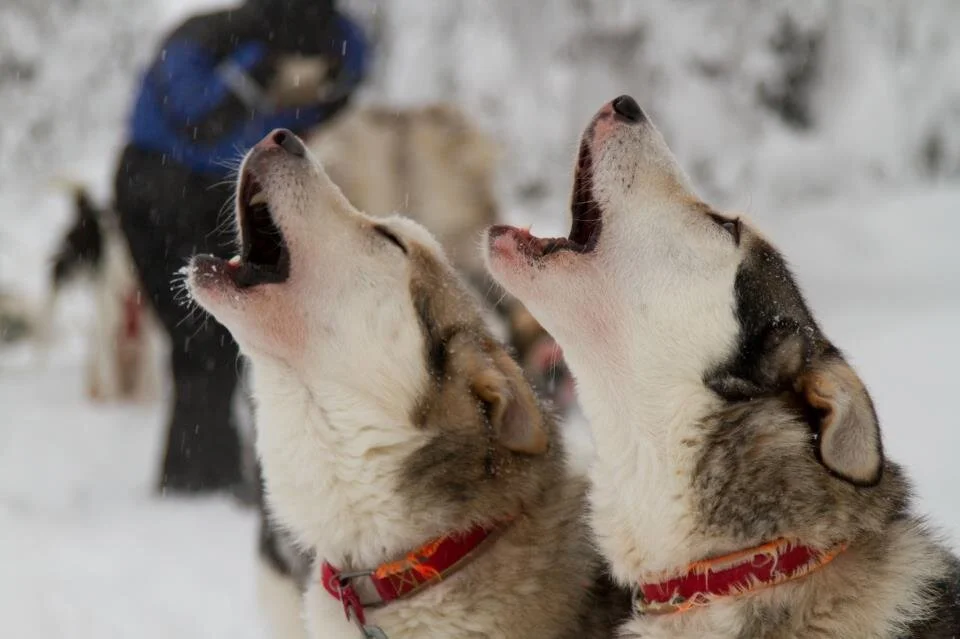By The Landlord
“The only thing better than singing is more singing.” – Ella Fitzgerald
"I can't talk about my singing. I'm inside it. How can you describe something you're inside of?" – Janis Joplin
“Singing is like a celebration of oxygen.” – Björk
“I am this thing that needs to sing.” – Leonard Cohen, Book of Longing
“O! she will sing the savageness out of a bear.” – Shakespeare, Othello
It is often done almost without thought, like breathing, walking or driving, and when reasonably accomplished, using any tool, or indeed playing any instrument. But behind this very natural act are physical workings of extraordinary complexity, a muscular fusion of larynx, tongue, lips, palate, teeth, chest, abdomen, powered by bellow-like lungs, but most all the vocal cords, a miraculous gymnastic box of rubbery folds and cartilage that twist and push into infinite shapes to vibrate, sculpture and squeeze air and body into a wondrous range of sounds. The voice really is the greatest, most diverse, and individual instrument of all.
But what is this week’s topic all about? Previously we've looked at all sorts of stylistic, musical angles – songs with high-pitched vocals, low voices, songs with close harmony singing, great backing vocals, wordless vocals and more, but this week is a lyrical meta topic, one in which songs refer to the act of singing itself.
So that could be from various perspectives, perhaps from or about singer themselves, their narrator voice, or from the listener, and could make reference not only to human singers, but also by birds or animals. Singing covers all sides of life - for love, for longing, for sex, for warning, for fear, for joy for despair, singing simply to exist, to make others aware.
And singing can come with a whole range of associations; hearing or doing it, and the effect it has; remembered voices; as a call to action; singing simply to express a whole range of emotions; singing in various locations.
Unsurprisingly then, there are many guests this week at the Bar, across history, genre geography, eager to sing out about singing itself.
“Singing is a way of escaping. It's another world. I'm no longer on earth,” proclaims the great Edith Piaf.
“I don't know what happens to me on stage. Something else seems to take over,” retorts her operatic equivalent, Maria Callas.
Maria Callas: ‘something seems to take over’
“My first love was singing and I had no time for boys,” sings out the lusty pop rival, Christina Aguilera.
But what gets people singing? Often it is to attract girls, or boys, just as a bird or animal might. “You got me singing, Even tho' the news is bad, You got me singing, The only song I ever had,” adds Leonard Cohen.
Singing clearly offers a sense of otherness, of escape. “Singing a song in the morning, singing it again at night, I don't even know what I'm singin' about but it makes me feel I feel alright,” offers Kevin Ayers, suggesting that it is something of a “Religious Experience”.
Indeed perhaps the purest form of singing has been in a spiritual context, and way of soothing woes, bringing balm to the soul.
“He who sings scares away his woes,” adds Cervantes from his masterpiece of eccentricity, Don Quixote.
““To sing is to bring to the surface all the depth of one's being,” adds the writer, Marty Rubin. And he adds: ““When the cricket's song is the only sound you hear, how peaceful the whole earth seems.”
And here’s J.R.R. Tolkien quoting from The Hobbit, with this alternative otherworldly description: “Elvish singing is not a thing to miss, in June under the stars, not if you care for such things.”
And while we’re at it:
“Or bid the soul of Orpheus sing
Such notes as, warbled to the string,
Drew iron tears down Pluto's cheek.” – John Milton Il Penseroso
“But would you sing, and rival Orpheus' strain.
The wond'ring forests soon should dance again;
The moving mountains hear the powerful call,
And headlong streams hang listening in their fall!” – Alexander Pope, Summer
The magic of the voice often transcends any lyric. Cab Calloway is in the house too, and reckons that “90%, 100% are going to hear the singing. The story is another thing. Nobody's interested in the story. Happiness is happiness.”
The effect of singing, or hearing another’s voice is one thing, but what about the technique that produces it? Purveyor of one the greatest 20th-century voices across more than one style, Ray Charles, explains that “With singing, the name of the game is to make yourself believable. When somebody hears you sing a song, and they say, 'Oh, that must have happened to him,' that's when you know you're transmitting. It's like being a good actor. You make people feel things, emotions and what not.”
Ray Charles: ‘You make people feel emotions’
And Italian crossover opera and popular performer Andrea Bocelli adds that “In singing, you cannot 'cheat' if you want to give emotions to those who are listening. You must have something to tell.”
But while singing is most often performance, is it acting? Not according to David Byrne, who writing in his excellent book, How Music Works, identifies a key difference between the singer and the actor: “In musical performances one can sense that the person on stage is having a good time even if they're singing a song about breaking up or being in a bad way. For an actor this would be anathema, it would destroy the illusion, but with singing one can have it both ways. As a singer, you can be transparent and reveal yourself on stage, in that moment, and at the same time be the person whose story is being told in the song. Not too many kinds of performance allow that.”
So singers, at their best, must be themselves, and in the more popular genres, individuality of voice is important. Thom Yorke of Radiohead, is also here with much to say about some of his favourite singers and their technique, how it affects them as they do it, and how that has affected his own performance. It’s all about being in the moment:
“When I watch Björk sing, It's right here, that spot at the top of the forehead. Neil Young is the same. He sings to this spot in his head. And what he's singing, he's already heard. He's hearing it come out. And the same with Björk. When she's singing, she's singing what she's hearing so there's no force. It's a force in itself.
What I realised watching Michael Stipe, was that this is someone whose voice is in command of them rather than the other way around. It's very natural but it takes a long time for that to become natural. Like any singer, it takes a long time to find that, and it keeps changing. How I sing now feels different to a few years ago. It's just where you're at. Singing is nothing but being in the moment. That's it
I remember during OK Computer, I still thought "I need to be slightly drunk" or "I need to do something beforehand so that I'm in the right space, man", but it's all bollocks, because basically you just gotta learn to be there with it when you do it.
You're not trying to prove anything. You're not trying to get anywhere. You're not trying to achieve anything. You're not trying to get this emotion across. You're not in this space trying to get this space across. You're not trying to get this mindset across or anything. You're just letting it happen.”
Björk: wide open and on the top of the forehead, says Radiohead’s Thom Yorke
Singing is a muscular act, and that can be as much a thrill as the material expressed. “The operatic soprano, Rebecca Peterson has said: My favourite thing about singing is the physicality of it. It takes a great deal of strength to sing opera, muscles have to be strong yet fluid. It's a wonderful feeling to pour all your emotions out onto the stage like that.”
But singing is also tough. The writer Usama Rasheed reckons that “singing is a rough business. Every vocal performance involves hundreds of thousands of micro-collisions in the throat.” Janis Joplin sang in such that it put enormous strain, and probably damage to her incredible vocal cords. But is that the way to do it. Probably not. “The softer you sing, the louder you're heard,” said Donovan in 1967.
Iris Murdoch sees singing in another light, here quoting from her novel, The Sea, The Sea:
“Singing is of course a form of aggression. The wet open mouths and glistening teeth of the singers are ardent to devour the victim-hearer. Singers crave hearers as animals crave their prey. Intoxicated by their own voices they now roared it out, round and round, Gilbert's fruity baritone, Titus's pseudo-Neapolitan tenor and Rosina's strong rather harsh contralto. I shouted, 'Stop! Stop that bloody row!' But they went on singing at me, their bright eyes, moist with laughter, fixed upon me, waving their arms in time to the tune; until at last they wearied, stopped, and went off into another crazy laughing fit.”
So we can also associate singing with violence, and even death. Here’s Harper Lee from her most famous novel, expanding on that important metaphor:
“Mockingbirds don't do one thing to but make music for us to enjoy. They don't eat up people's garden, don't nest in corncribs, they don't do one thing but sing their hearts out for us. That's why it's a sin to kill a mockingbird.”
Mockingbird. Sings for singing’s sake
But let’s end with a final piece of poetry in the hands of Percy Bysshe Shelley, showing how the act of singing in transcendent, in his poem, To Jane, The Keen Stars were Twinkling:
The keen stars were twinkling,
And the fair moon was rising among them,
Dear Jane!
The guitar was tinkling,
But the notes were not sweet till you sung them
Again. …
Sing again, with your dear voice revealing
A tone
Of some world far from ours,
Where music and moonlight and feeling
Are one.
So then, it is time for you, learned readers, to make your voices hear, and to sing out with your suggestions on this meta-topic. I’m delighted to announce that conducting the virtual choir this week, to turn your suggestions into next week’s playlists, is the sonorously superb Suzi. Deadline for nominations is this coming Monday at 11pm UK time, for playlists published on Wednesday.
Husky harmony
New to comment? It is quick and easy. You just need to login to Disqus once. All is explained in About/FAQs ...
Fancy a turn behind the pumps at The Song Bar? Care to choose a playlist from songs nominated and write something about it? Then feel free to contact The Song Bar here, or try the usual email address. Also please follow us social media: Song Bar Twitter, Song Bar Facebook. Song Bar YouTube. Subscribe, follow and share.






